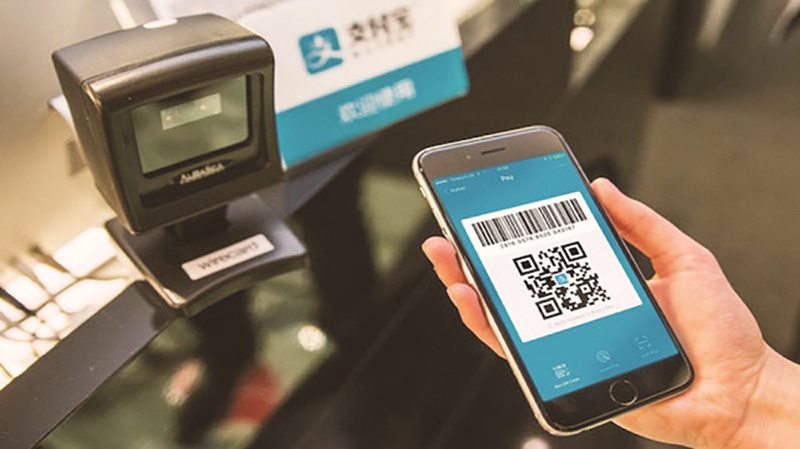The big fintech race — does it really matter for HK?


What's the real reason for stunting the development of fintech in Hong Kong has been a matter of debate among economic planners, economists, politicians and business leaders.
Citing the wide use of Alipay and other online payment systems on the Chinese mainland, critics charged that Hong Kong is falling woefully behind its neighboring competitors in the technology race despite gaining a head start decades ago. But, there are those who believe that much of the popular technological tools in other economies just aren't all that relevant in the Hong Kong context.
The issue matters to the millions of Hong Kong consumers. If you're one of them who wonder if you have been inconvenienced by the lack of technological advancement since the introduction of Octopus cards in 1994, listen to Chan Ka-keung. A former secretary for financial services and the treasury for five years, stepping down as recently as October last year, Chan is better qualified than most other people in talking about the topic.
In an interview published in a mass circulation Chinese-language daily newspaper, Chan said he didn't think Hong Kong is falling behind anyone in the development of financial technology, particularly auto payment. "I find paying with my cards (Octopus and credit cards) more convenient" than other forms of electronic payment, he said.
He believed that many Hong Kong people shared his experience, which, he said, was the main reason why there was little incentive for vendors to develop or introduce other alternatives.
This doesn't mean Hong Kong consumers have no other choice. More and more supermarkets and convenience stores have installed terminals to accept payments with smartphones through various service providers, including Google Pay or Apple Pay. Meanwhile, Alipay is reported to have tried popularizing the use of its service by installing terminals at stores in some wet markets.
Chan recalled that when he was in the government, he insisted on ensuring that financial technology was developed in a well regulated environment. His insistence might have hampered the development of the P2P, or person-to-person, lending platform. But, the collapse of these markets in some economies has proved that he was right.
- Surging flu cases drive up demand for drug
- Nanchang funds 19 free funeral venues after tragedy
- Massive ice sculpture replicates CNS?Liaoning aircraft carrier
- China to enhance to improve carbon footprint
- Experts advocate vaccinations to combat flu cases
- Singer Lu Han apologizes for inappropriate behavior





































